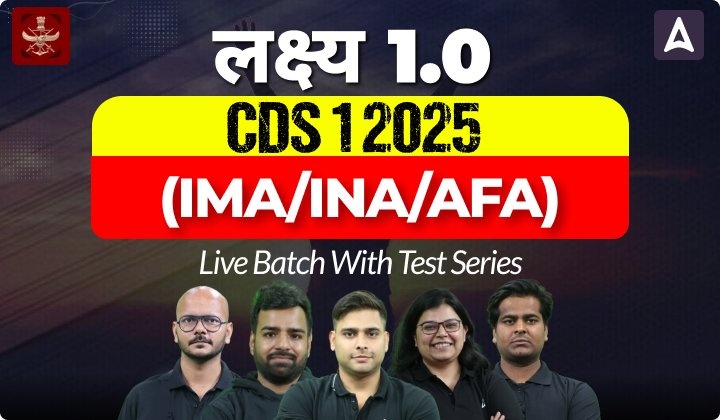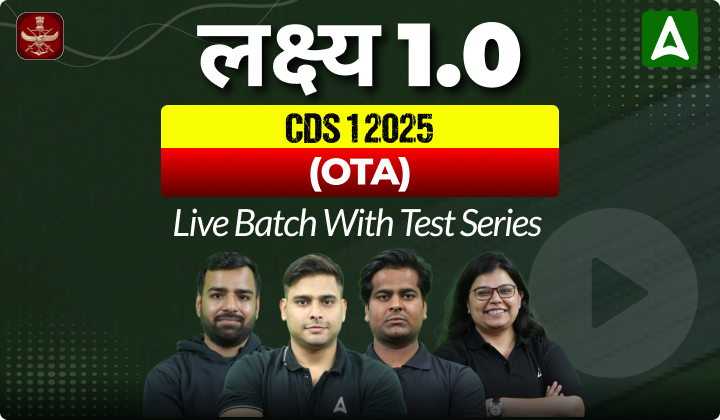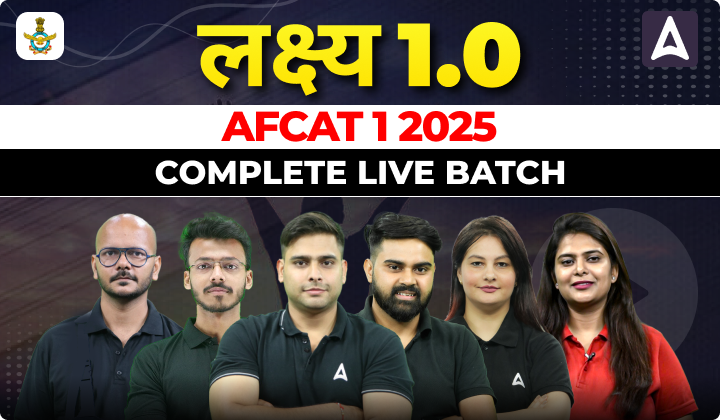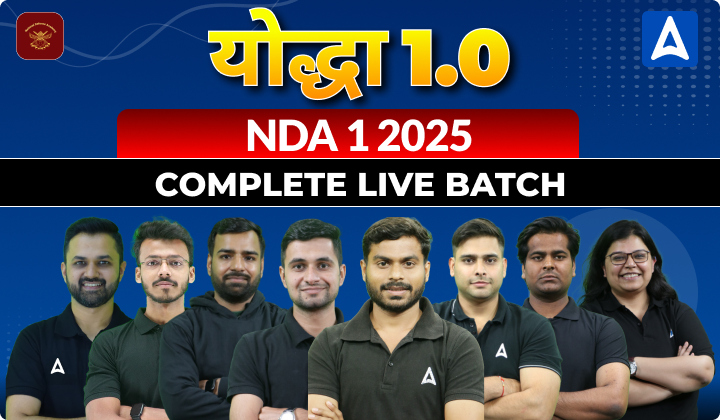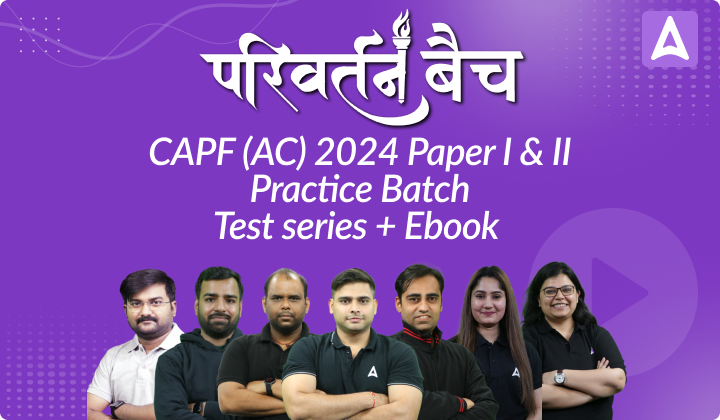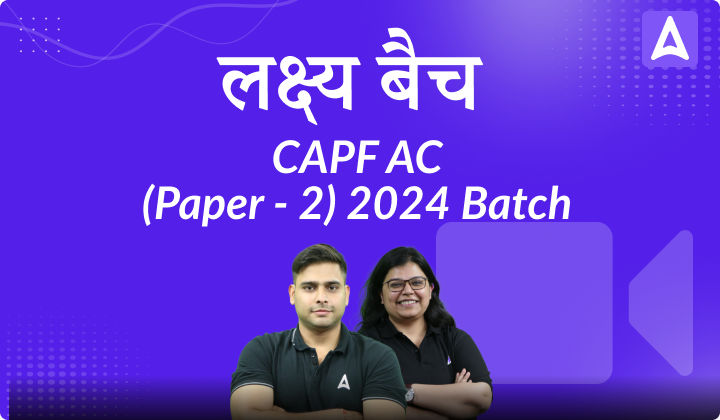Basic English Grammar Rules of Narration
In most competitive exams, a section is devoted to assessing an aspirant’s fundamental grasp of English grammar. This section encompasses a range of topics, with one of the most crucial being “narration” or “Direct-Indirect Speech.”
In this article, we aim to provide you with a clear comprehension of this topic and equip you with the fundamental rules that will enable you to swiftly arrive at the correct answers. It’s crucial to carefully read and internalize these rules, and we’ll elucidate them further through the illustrative examples provided below for better understanding.
What is Direct & Indirect Speech?
Direct speech – When the message of the speaker is reported in the exact same words as spoken by him.
Direct speech example: Shreya said ‘I am working here’.
Indirect speech: When the message of the speaker is reported in our own words
Indirect speech example: Shreya said that she was working there.
Now we will understand its rules and how to change it as per the specific sentence –
1. Rule of Pronoun:
Pronoun is changed according to the speaker depending upon the person he or she is referring to. If the reference is about himself/herself or about a third person. Let’s understand it with some examples:
- Direct: Gargi said, “I cannot go with you.”
- Indirect: Gargi said that she could not go with me.
- Direct: Maya said, “forget her”
- Indirect: Maya advised me to forget her.
- Direct: Shanaya asked, “How are we going today?”
- Indirect: Shanaya asked me how we were doing that day.
2. Type of sentences:
a. Reporting Interrogative sentences:
I) If it’s a one word question with yes-no asnwer in the direct speech, then the reported speech will start with whether/if and the reported clause form will be in the form – subject+verb.
Example:
- Direct: Priya said, “Are you from Amritsar?”
- Indirect: Priya asked if I was from Amritsar.
- Direct: Tanya asked, “Do you want to have some coffee?”
- Indirect: Tanya asked whether I wanted to have some coffee.
II) There are mainly two types of questions – WH-questions and Yes/No questions. When we report a WH-question, we use a reporting verb like asked or enquired.
Example:
- Direct: Ben said, “Who will run with me?”
- Indirect: Ben asked who would run with him.
- Direct: Tiara said, “What will be the amount?”
- Indirect: Tiara inquired what the amount would be.
- Direct: I said the man, “Where is the room?”
- Indirect: I asked the man where the room was.
b. Reporting statement sentences:
In a statement speech, we will use ‘that’ before the reported statement and the reported verb will be ‘told’ (followed by an object) or ‘said’ (will not be followed by an object).
Example:
- Direct: Aisha said, “I like the decor.”
- Indirect: Aisha said that she liked the decor.
- Direct: Alif said, “I want you to play.”
- Indirect: Alif told me to play.
c. Reporting imperative sentences:
We will use ‘to’ as joining clause before the reported command or request, and the reported verb will be changed according to the moods of the sentence (e.g., ordered, requested, urged, advised, forbade or begged)
Example:
- Direct: The woman said, “Please, bring me a cup of coffee.”
- Indirect: The woman requested to bring him a cup of coffee.
- Direct: The officer said, “Hands Down!”
- Indirect: The officer ordered to hands down.
d. Reporting exclamatory sentences:
To change direct exclamatory speeches to the indirect one we need to replace interjection (hurrah, wow, alas, oh, etc.) with joining clause ‘that’ and the exclamatory wh-words (what, how) will be replaced by ‘very’ before the adjective in the reported clause.
Examples:
- Direct: Kaya said, “Hurrah! India won the match!”
- Indirect: Kata exclaimed with joy that India had won the match.
- Direct: I said, “Alas! I lost it.”
- Indirect: I exclaimed with grief that I had lost it.
3. Rules of Tense:
While changing the direct sentences to indirect sentences or vice versa, their tenses also needs to get changed. Usually, the present changes to past tense while we change direct speech to indirect.
a. Simple present tense to simple past tense:
Example:
- Direct: She said, “I work in Amar Ujala Newspaper”
- Indirect: She said that she worked in Amar Ujala Newspaper.
Exceptions: If the content is still the same fact or happening then we do not need to change the tense in the reported speech. Like;
- Direct: She said, “I live in Calcutta.”
- Indirect: She said that she lives in Calcutta.
b. Present continuous to past continuous tense
Example:
- Direct: Mother said, “Riya is taking a break.”
- Indirect: Mother said that Riya was taking a break.
- Direct: He asked, “Are they doing the work?”
- Indirect: He asked if they were doing the work.
c. Present perfect to past perfect tense:
Example:
- Direct: Sia said, “I have made a piece of art.”
- Indirect: Sia said that she had made a piece of art.
d. Present perfect continuous to past perfect continuous tense:
Example:
- Direct: Mr. Mohan asked, “How long have you been living here?”
- Indirect: Mr. Mohan asked me how long I had been living there?”
- Direct: Raj said, “I have been waiting for my sister since morning.”
- Indirect: Raj said that he had been waiting for his sister since morning.
e. Simple past to past perfect tense
Example:
- Direct: Ravi said, “My father gave me some money”
- Indirect: Ravi said that his father had given some money to him.
f. Past Continuous to Past Perfect Continuous tense;
Example:
- Direct: Mani said, “Haya was leaving the house.”
- Indirect: Mani told me that Haya had been leaving the house.
- Direct: Meena said, “I was dialing your number, and you called.”
- Indirect: Meena said that she had been dialing my number and I had called.
Note: In case of two sentences, combined with a conjunction, and both sentences have different tenses then we need to change the tenses of both sentences according to the rule.
g. Past perfect tense does not change in the indirect speech;
Example:
- Direct: Alia said, “I had stopped to visit you.”
- Indirect: Alia said that She has stopped to visit me.
h Simple future tense to present conditional;
Example:
- Direct: Smita said, “My children will be there on time.”
- Indirect: Smita said that her children would be there on time.
- Direct: Rajeev asked, “Will you help me in my project?”
- Indirect: Rajeev asked if I would help him in the his project.
4. Rules of Modals:
a. Modal verbs like shall, will, can, may change in reported speech. Examples are mentioned below –
- Direct: Honey said, “she will be there.”
- Indirect: Honey promised that she would be there.
- Direct: Jalal said, “May he get the towel?”
- Indirect: Jalal asked if he could get the towel. (note: may becomes could in the case of asking permission)
- Direct: Balram said “I may not drop you.”
- Indirect: Balram said that he might not drop me.
- Direct: Vayu said, “I shall learn in a better way.”
- Indirect: Vayu said that he would learn in a better way.
- Direct: Hamza said, “Shall I buy you essentials?”
- Indirect: Hamza asked if he should buy me essentials.
Note: shall becomes should in case of asking a question.
b. Modal verbs like could, should, need, must, might, used to – do not change in reported speech.
Example:
- Direct: Jiya said, “I would not be there.”
- Indirect: Jiya said that she would not be there.
- Direct: Dhairya said, “You need to have some sense”
- Indirect: Dhairya said that I need to have some sense.
- Direct: Maya said, “I used to love cooking.”
- Indirect: Maya said she used to love cooking.
5. Rules of Adverbs and demonstratives:
Time and place in indirect speech is different from direct speech. At the time of telling the information to somebody else, the speaker might be on the different day or place. So the demonstrative (this, that etc.) and the adverb of time and place (here, there, today, now, etc.) change. Examples are attached below –
| direct | indirect |
| now | Then/at that moment |
| today | That day |
| Tomorrow | The next day |
| Yesterday | The day before |
| come | go |
| Bring | take |
| this | that |
Examples:
- Direct: I said, “kiara played well yesterday.”
- Indirect: I said that Kiara played well the day before.
- Direct: Father said, “Come to the shop now.”
- Indirect: Father ordered me to go to the shop at that moment.




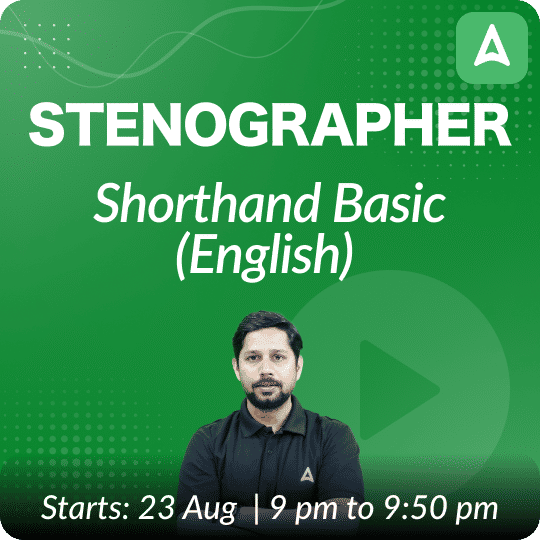
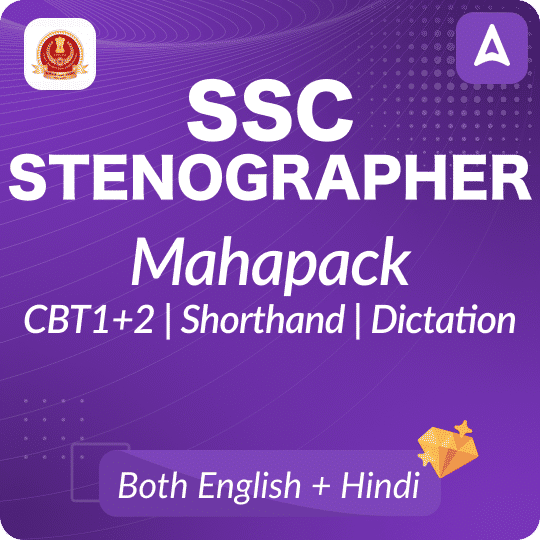

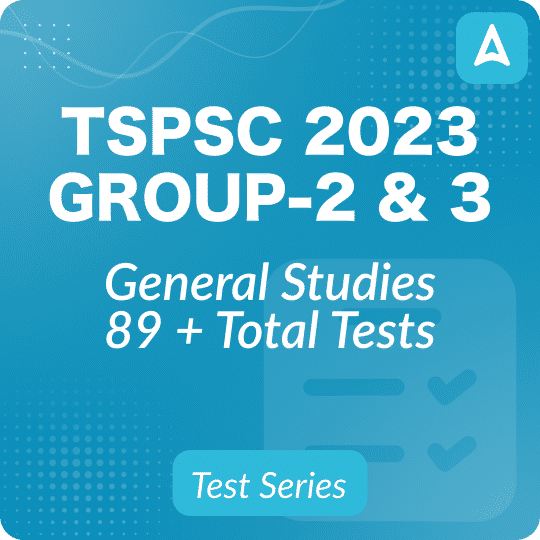


 CDS Previous Year Question Papers, Downl...
CDS Previous Year Question Papers, Downl...
 AOC Result 2025 Out, Download Link Activ...
AOC Result 2025 Out, Download Link Activ...
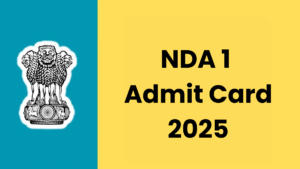 NDA 1 Admit Card 2025 Out, Download NDA ...
NDA 1 Admit Card 2025 Out, Download NDA ...

